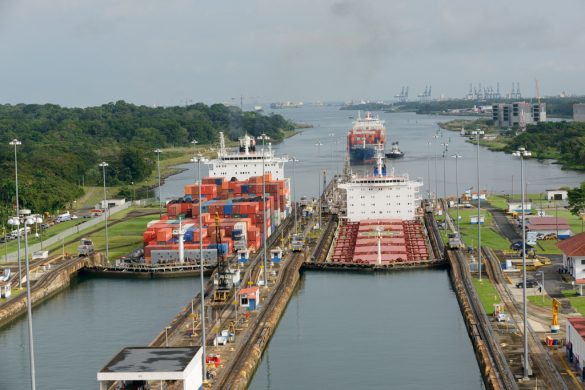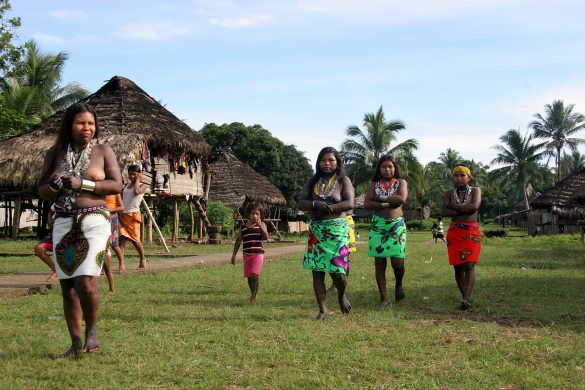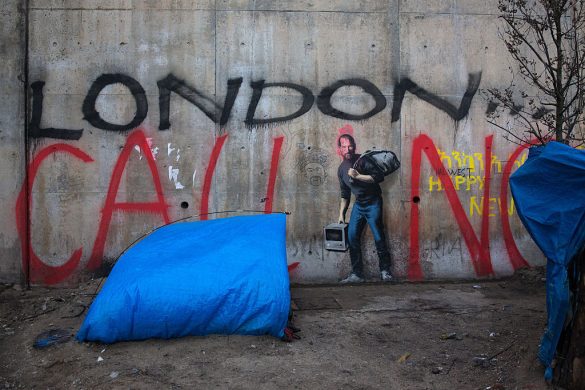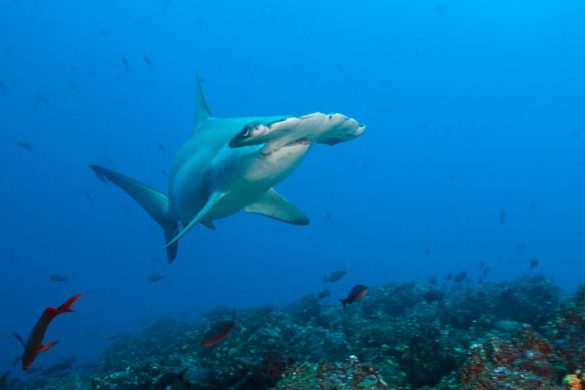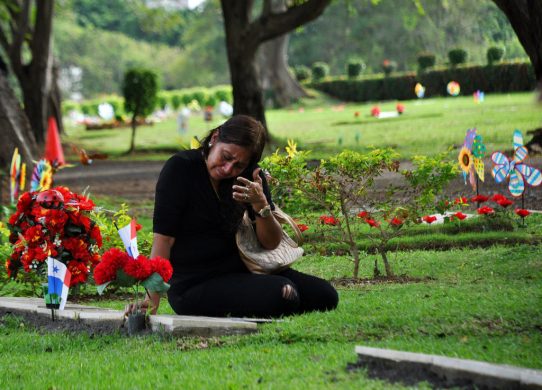“Intet land, ingen region og intet samfund er immun imod korruption, som er en alvorlig forbrydelse, der kan undergrave social og økonomisk udvikling i alle samfund”, hedder det fra mødet, som samles hvert andet år og her i 2013 vedtog seks resolutioner og tre beslutninger.
PANAMA CITY, 30 November 2013 (UN News Service): The rule of law, governance (god regeringsførelse), profits and livelihoods (levefoden) all suffer from corruption’s corrosive (nedbrydende) effects, a senior United Nations official said Saturday at the conclusion of the world’s largest biennial anti-corruption gathering, which this year took place in Panama City.
“We all have a stake in ending corruption,” a declared John Sandage, Director of the Division for Treaty Affairs of the UN Office on Drugs and Crime (UNODC).
He underscored that the resolutions passed during the Fifth Session of the Conference of the States Parties to the United Nations Convention against Corruption would help lay the groundwork for strengthening partnerships to prevent and combat the scourge (svøbe).
Corruption has a devastating impact across the globe. The World Bank estimates that every year between 20 billion to 40 billion US dollar (mellem 110 og 220 milliarder DKR) are lost from developing countries due to corruption and bribery (bestikkelse).
Six resolutions and three decisions were passed during the conference, which wrapped up late Friday in the Panamanian capital, including on the private sector, education, and enhancing (øget) international cooperation.
Highlighting the role of young people in this effort, saying they were a “valuable resource and potential source for change,” Mr. Sandange added:
“The importance of the next generation in fostering a change of values, and ensuring that respect for the rule of law and integrity can flourish, was acknowledged by the resolution on promoting the participation of young people and children in efforts to prevent corruption.”
Participants at the five day-meeting included representatives of Member States, civil society, private sector academia and the media, who will discuss best practices and successes in the fight against corruption under the umbrella of the Convention.
Træning af 1.400 eksperter i korruptionsbekæmpelse
An entire chapter of the treaty is dedicated to preventing corruption with measures directed at both the public and private sectors, including model preventive policies, such as the establishment of anti-corruption bodies and enhanced transparency in the financing of election campaigns and political parties.
The anti-corruption Convention is driven by a Review Mechanism that, in its first four years, has trained 1.400 anti-corruption experts; helped 35 States amend (ændre) their legislation; and is leading a unique global discussion promoting good governance, transparency and accountability (at kunne blive stillet til ansvar).
In 2015, the Conference of States Parties to the Convention will launch the second review cycle at the 6th Session of the Conference, to be held in Russia.
Se “Corruption hobbles development, generates other crimes” på
http://www.un.org/apps/news/story.asp?NewsID=46579&Cr=Corruption&Cr1=#.UpqM_GV1T4s
Se om korruptionsvagthunden Transparency International på
http://www.u-landsnyt.dk/navnenyt/nyt-job/skarptsleben-kampagnekoordinator


